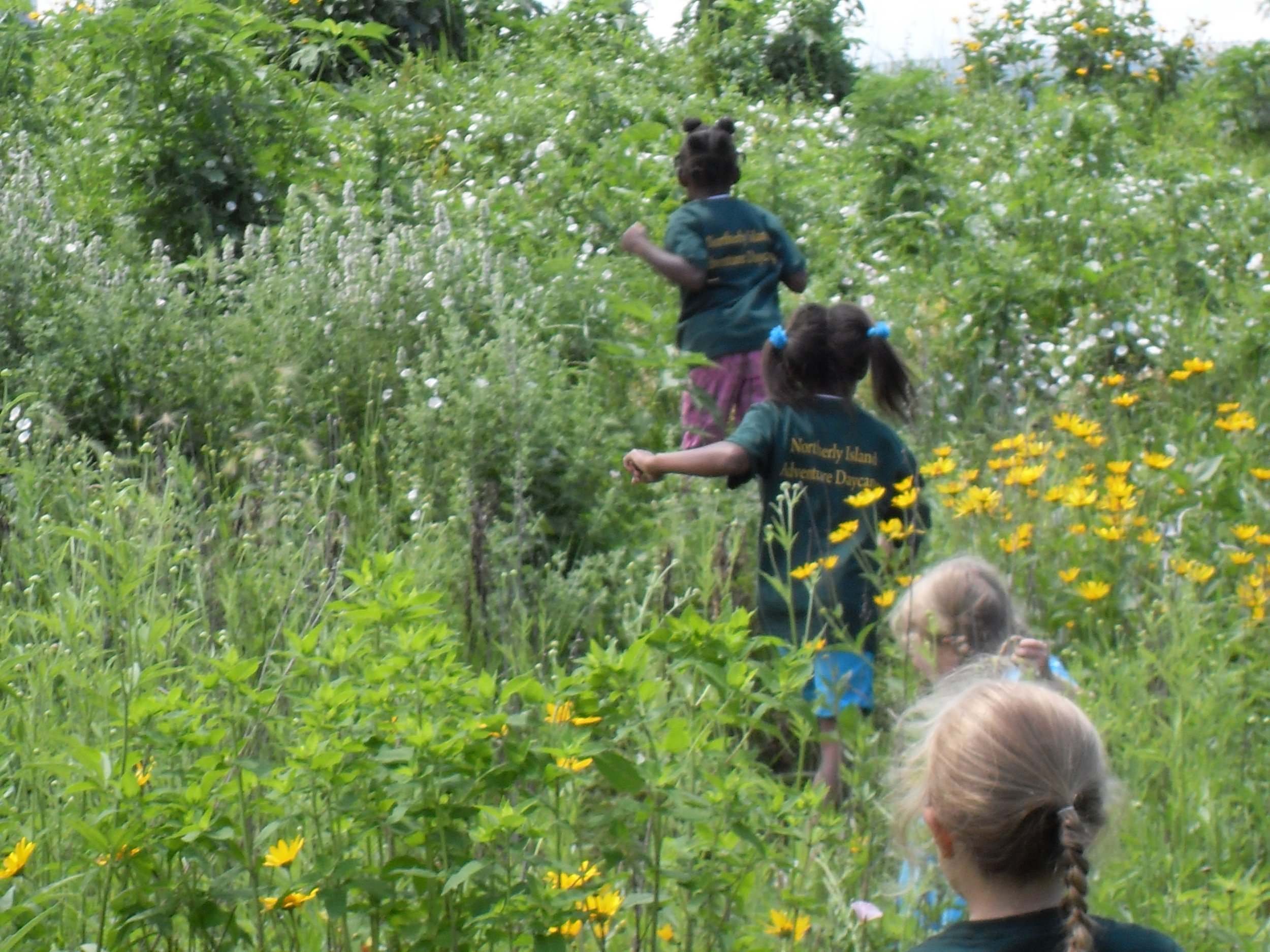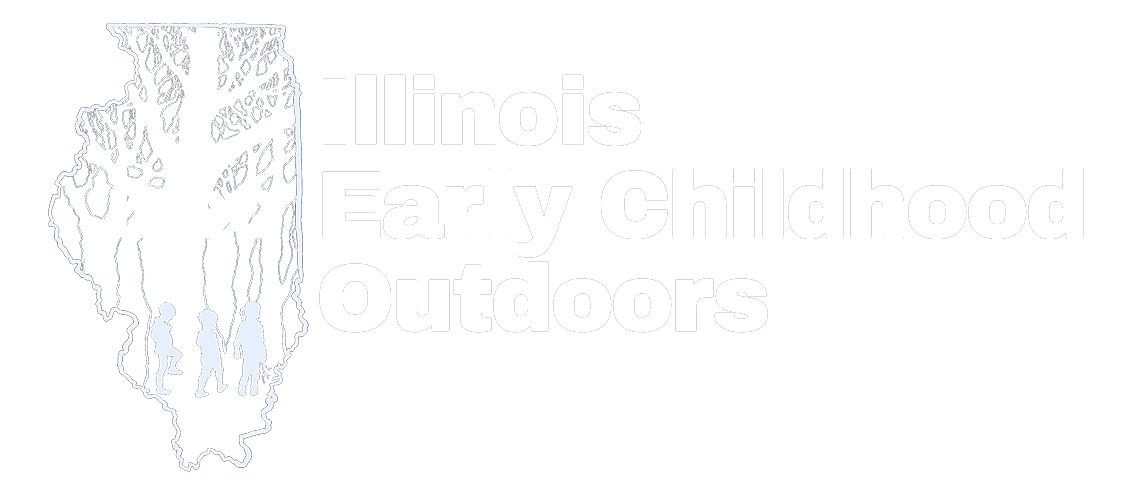
Fact Sheet
Let’s make it possible for more early childhood programs to operate in nature.
As children spend more time indoors, in front of screens, in environments created for them by adults, they lose out on the joy, wonder, adventure, and beauty of the natural world. Nature-based early childhood education programs were created to do exactly that: bring children back outside.
But Illinois’ Child Care Act of 1969 law does not allow for forest, or outdoor, preschools. We want to work with legislators to give our kids the childhood they deserve.
Time outdoors is critical for children’s growth and development.
According to the North American Association for Environmental Education, U.S. children have lost 25% of playtime and 50% of unstructured outdoor activity over recent decades. The health effects of this are increased nearsightedness, ADHD, anxiety and other mental health issues, obesity, and more. Conversely, research shows that significant time spent outdoors improves executive functioning skills, as well as motor, cognitive and socioemotional skills in children. And parents agree: nature-set early childhood education programs are currently in high demand, partially due to increasing recommendations from pediatricians that children spend more time playing outside.
Outdoor early childhood education programs work.
Forest schools and outdoor education programs have existed in Europe for decades, and have sprung up across the U.S. in the last ten years, totaling over 250 across 43 states in 2017. What’s more, research conducted by the Natural Learning Initiative shows that schools using outdoor classrooms and other forms of nature-based experiential education support significant student gains in social studies, science, language arts, and math; and students in outdoor science programs improved their science testing scores by 27% (American Institutes for Research, 2005). Learn more about supporting research.
Illinois is moving toward universal preschool.
In Illinois, Governor Pritzker’s efforts to enact universal pre-K for Illinois children means the state needs more early education providers and resources. Nature based early childhood education programs can help meet this looming demand for a population of children who deserve more time in the outdoors—but only if they are legally allowed to exist. Illinois does have a number of forest preschools, but they are only legally allowed if they are run by a municipality—and there are no state standards for any of them.
Outdoor early childhood education programs are worth the investment.
According to James Heckman, Nobel Laureate in Economics, investment in high quality early childhood programs can deliver a 13% return on investment per child per annum through better education, economic, health, and social outcomes. In other words, investing in early childhood education is a cost-effective way to reduce deficits and strengthen the economy. Learn more about supporting research.
A bill to create standards for outdoor education will result in the formation of high-quality preschools that better prepare young children for elementary school--all while remaining low-cost to taxpayers. Schools that do not require facilities can be especially cost-effective. It is our hope that more outdoor preschools can operate in areas where preschool-appropriate indoor spaces are unavailable or unaffordable.
